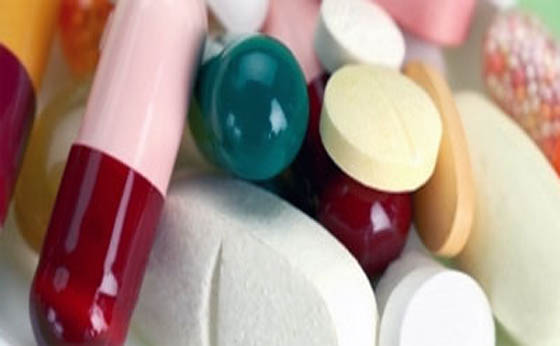Medicine in Your Bug Out Bag or First Aid Kit

Someone recently said,
“I found myself in a situation to use my (Bug-Out-Bag RX) for a few days, and they (RX) had lost their potency.”
When I checked with my pharmacist she said, ‘Never leave blood pressure pills or heart/nerve pills in a hot car as the heat will nullify the effect within just a few hours’.
“If I did it, someone else might…”
Many people may not realize that heat is an enemy of so many things, including medications.
Temperatures in a car can rapidly rise well above 100-degrees-F while parked in the sun. If you leave a B.O.B. or a First Aid Kit in your vehicle which contain medications (RX or over-the-counter) be aware that HEAT can damage them and render them useless.
Never take any medication that has changed color or consistency, regardless of the expiration date. Check also for an unusual odor. Discard pills that stick together, are chipped or are harder or softer than normal.
I have read that No drug should be exposed to temperatures higher than 86 degrees. Pharmaceutical manufacturers recommend most of their products be stored at a controlled room temperature of 68 to 77 degrees Fahrenheit, which is the range in which manufacturers guarantee product integrity.
The inside of a vehicle in the sun (including the trunk) will get HOT real FAST. In the summer – well into the 100’s. Be advised.
Temperature extremes can be minimized by storing these items within an ice chest on hot or cold days. Even without ice, it buffers the temperature extremes throughout the 24 hr high/low cycle.
Humidity and light are also major enemies of meds. That is why they should never be stored in a bathroom. If you are going to store tablets long term then store in a cool dark place.
The best practice for this situation (bug out bag or First Aid Kit) is to ROTATE your medications periodically.
